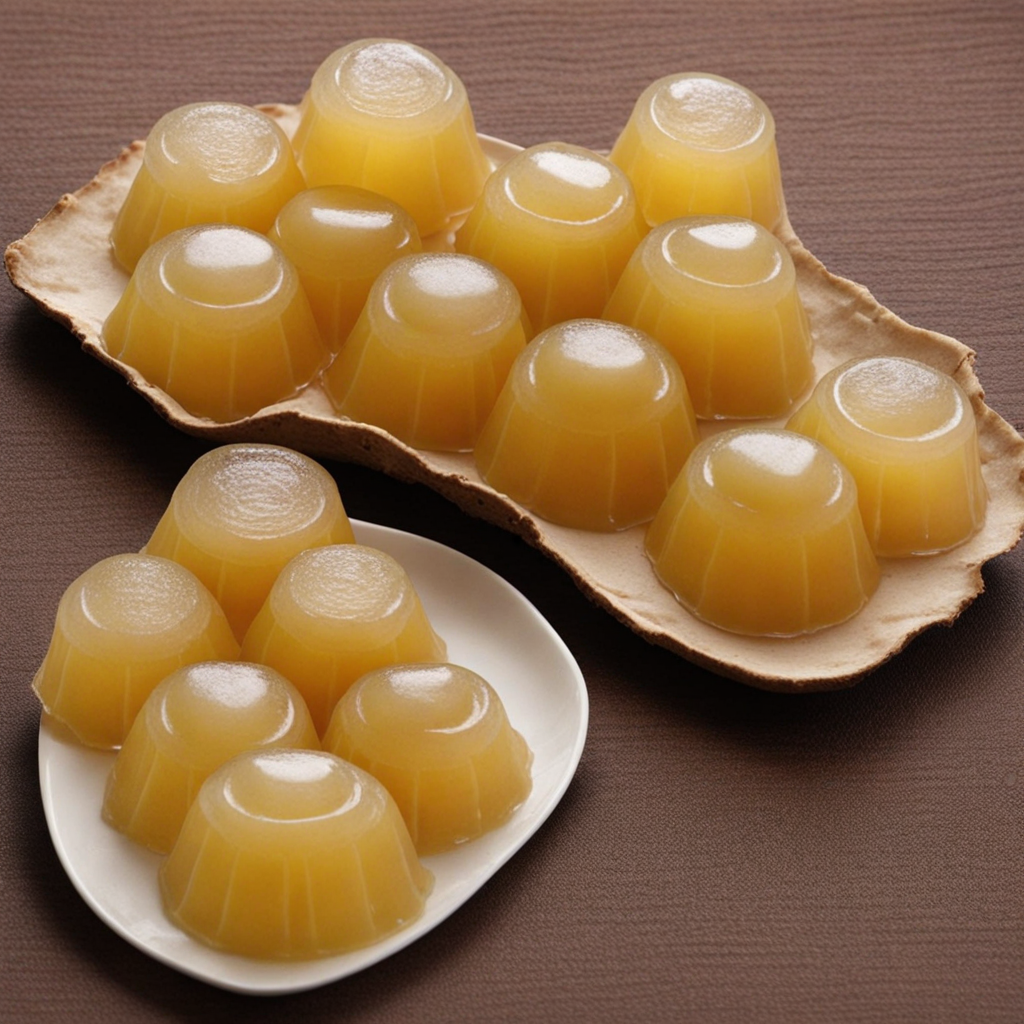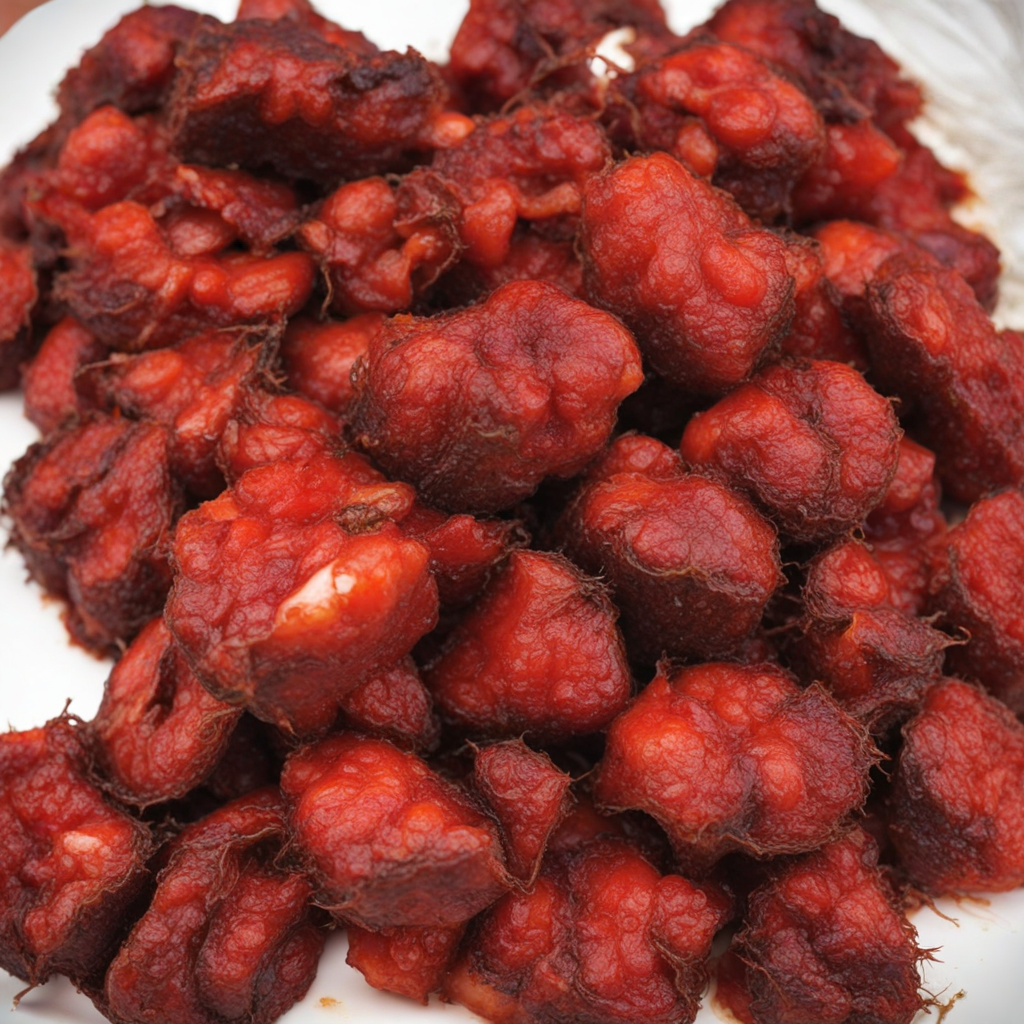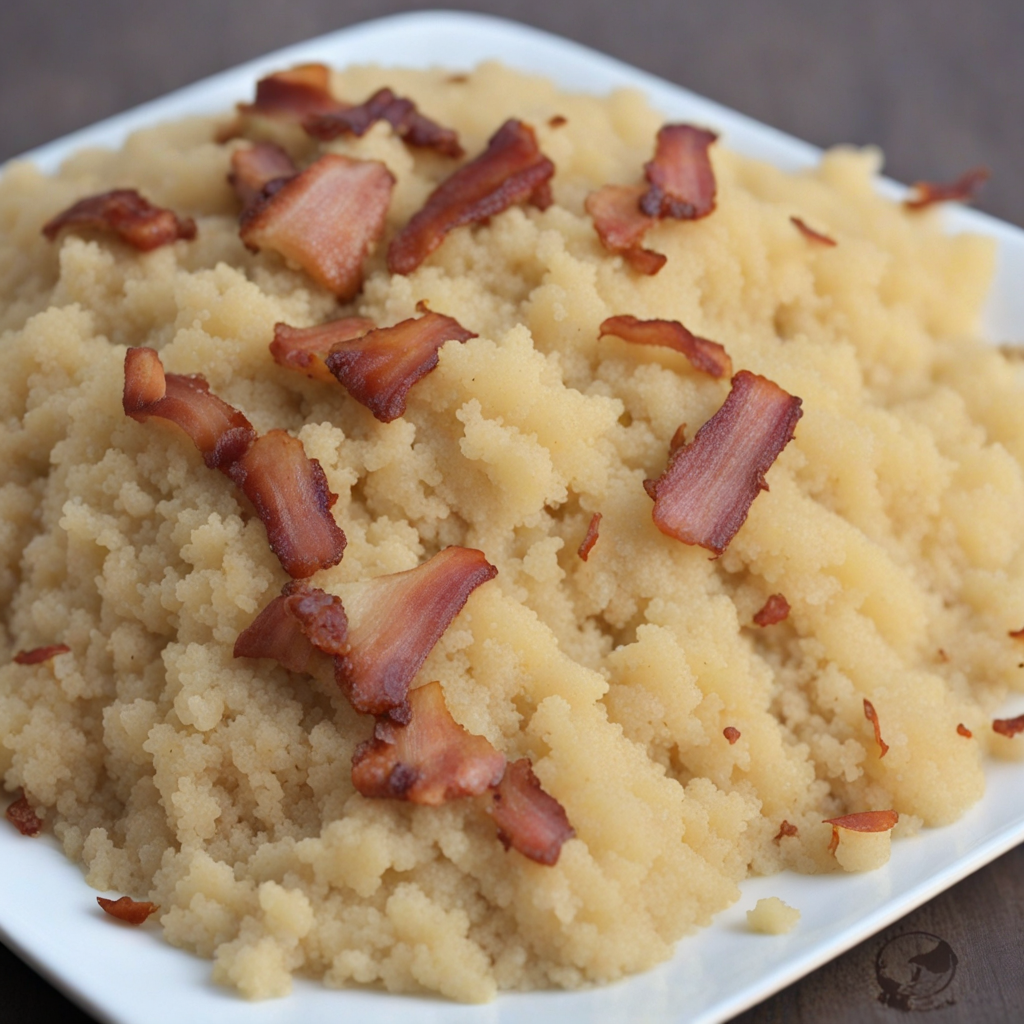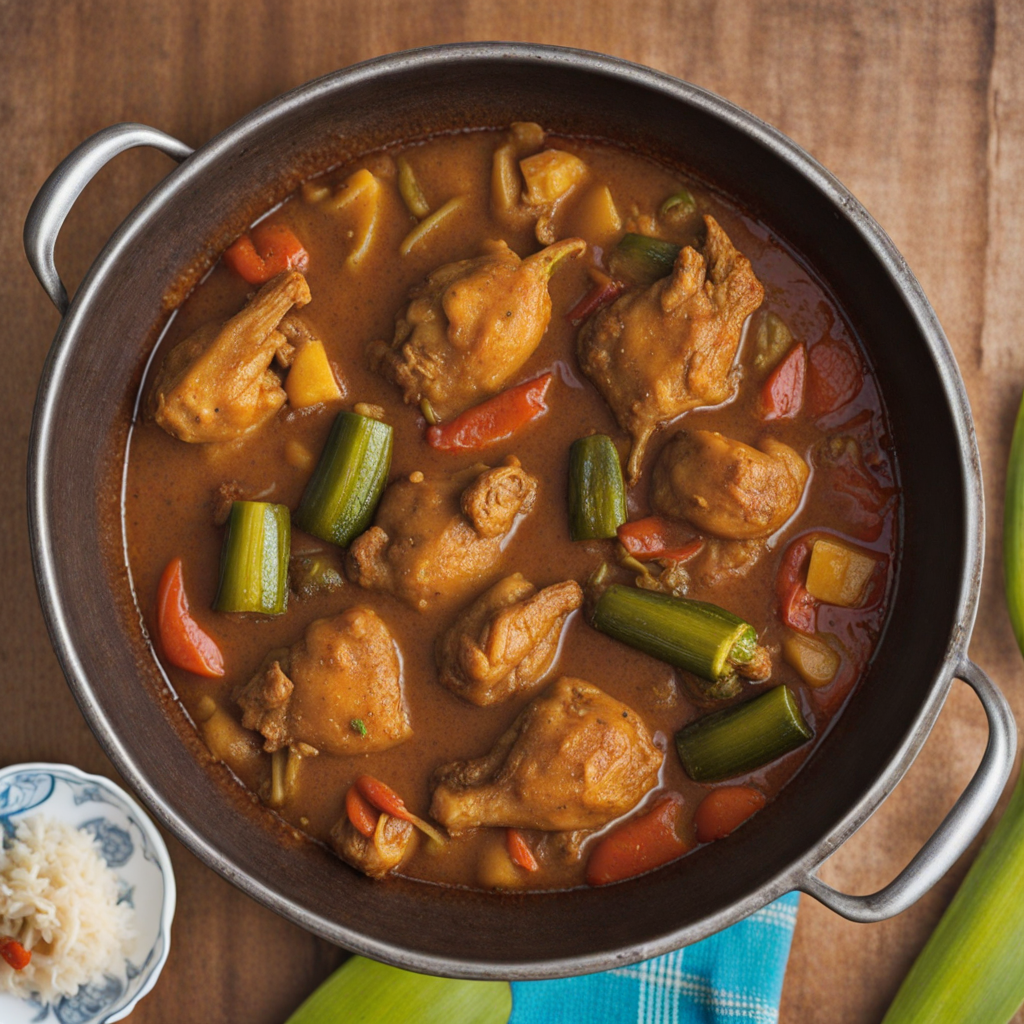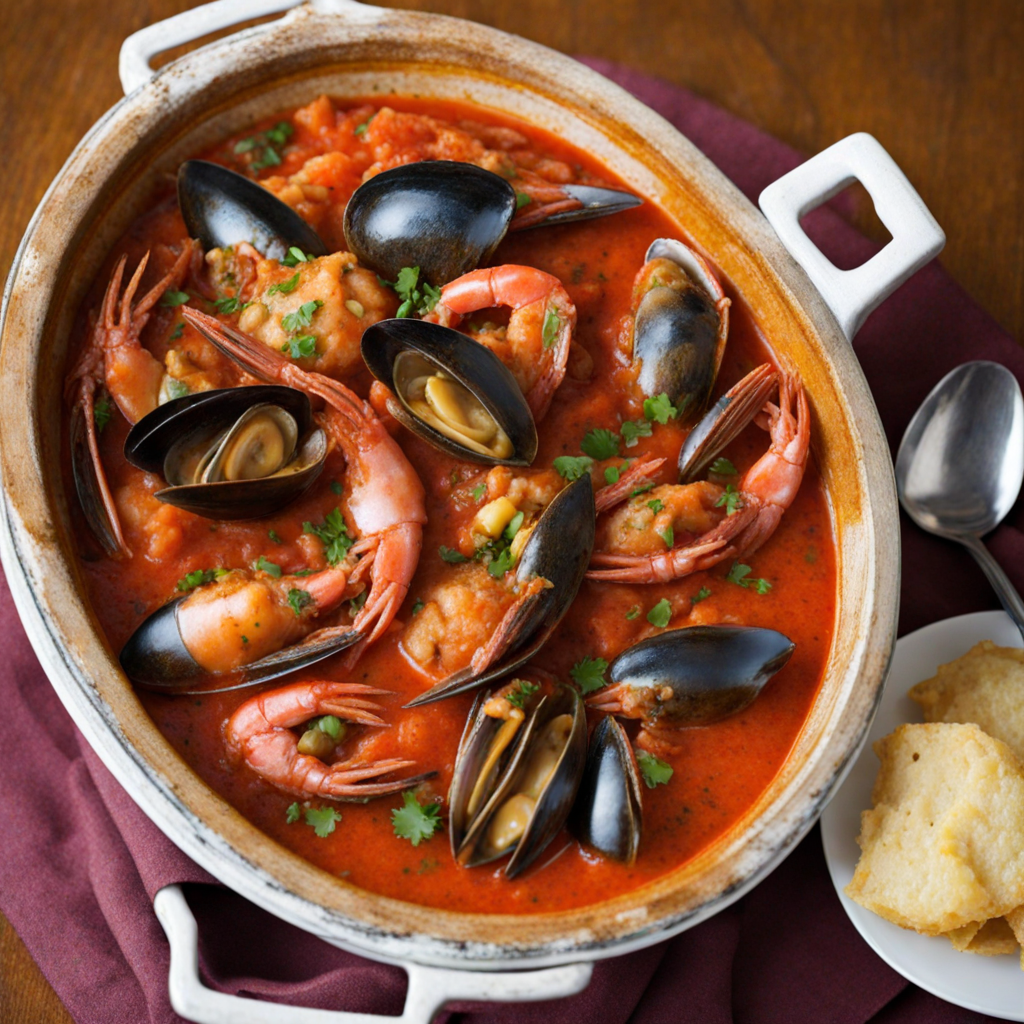Kitaba
Kitaba is a delightful Angolan dish that showcases the rich culinary traditions of the region. This unique food is essentially a type of grilled meat, often made from beef or goat, that is marinated in a blend of local spices and herbs. The marinade typically features ingredients like garlic, piri-piri chili, and a variety of aromatic spices, which not only tenderize the meat but also infuse it with a robust flavor profile. The grilling process gives Kitaba a smoky char that complements the savory elements of the marinade, making each bite a tantalizing experience. Served on skewers, Kitaba is often accompanied by a side of traditional Angolan staples such as funge (a type of cassava porridge) or a fresh salad made from local vegetables. The dish is frequently enjoyed at social gatherings and celebrations, where the communal act of sharing grilled meat enhances its appeal. The combination of textures—the succulent meat juxtaposed with the creamy funge or the crisp salad—creates a satisfying meal that is both filling and flavorful. In addition to its taste, Kitaba also embodies the spirit of Angolan hospitality. It is often prepared in a vibrant atmosphere, bringing together family and friends around the grill. The dish allows for variations, as cooks might experiment with different marinades or side dishes, reflecting the diverse influences of Angolan cuisine. For anyone looking to explore new flavors, Kitaba offers a delicious introduction to the heart of Angolan food culture, inviting diners to savor the warmth and richness of this beloved dish.
How It Became This Dish
Kitaba: The Cultural Heritage of Angola's Culinary Delight Origins of Kitaba Kitaba is a traditional Angolan dish that has deep roots in the culinary landscape of Angola, a country rich in diverse cultures and ethnicities. The origins of Kitaba can be traced back to the indigenous groups of Angola, particularly the Ovimbundu, Kimbundu, and Bakongo peoples. These groups have long relied on locally sourced ingredients, which include maize, cassava, beans, and various vegetables, to create their traditional dishes. The name "Kitaba" is derived from the Kimbundu language, which is one of the major languages spoken in Angola. The dish is essentially a type of maize porridge or flatbread that is often served with an array of accompaniments. The central ingredient, maize, has been a staple in Angolan diets for centuries, introduced to the region long before the arrival of European colonizers. It is believed that maize was cultivated in Angola as early as the 16th century, and it has since become a foundational element of the country's culinary traditions. Cultural Significance Kitaba holds significant cultural importance in Angola, not only as a food item but also as a symbol of communal identity and heritage. It is often prepared during special occasions, family gatherings, and traditional celebrations. The act of making Kitaba is a communal affair, typically involving family members or friends who come together to prepare the dish. This process fosters a sense of community and strengthens familial bonds, as it is often accompanied by storytelling, music, and dance. In Angolan society, food often transcends mere sustenance; it is an expression of love, hospitality, and cultural pride. Kitaba serves as a reminder of the agricultural practices and the wisdom of generations past. The preparation of this dish reflects the seasonal rhythms of rural life, where the harvest and the community’s celebration of it are intertwined. The dish also symbolizes resilience, as it has evolved through periods of colonial rule, civil strife, and economic challenges, serving as a comfort food for many. Moreover, Kitaba has played an essential role in the Angolan diaspora, as Angolans living abroad often prepare Kitaba to maintain a connection to their homeland. The dish is a vessel for nostalgia, reminding those far from home of their cultural roots, family gatherings, and the flavors of their childhood. Development Over Time As Angola's history has unfolded, so too has Kitaba. During the colonial period, the Portuguese introduced new ingredients and cooking techniques, which influenced Angolan cuisine. However, despite these external pressures, traditional recipes for Kitaba remained largely unchanged, showcasing the resilience of Angolan culinary traditions. The post-independence era in the late 20th century brought about significant changes to Angolan society, particularly after the devastating civil war that lasted from 1975 to 2002. During this time, many traditional practices and dishes faced the threat of extinction as urbanization and globalization began to reshape the culinary landscape. However, Kitaba endured, often becoming a symbol of national pride and cultural revival. In contemporary Angola, Kitaba is often enjoyed alongside various stews, grilled meats, and vegetables. The dish has adapted to include regional variations, with some families incorporating different spices and flavors that reflect the melting pot of influences found in Angola today. For instance, in coastal regions, Kitaba might be served with a fish stew, while in the interior, it may accompany a meat-based sauce or a vegetable medley. The rise of food tourism and the global interest in authentic culinary experiences have also put Kitaba in the spotlight. Restaurants in Luanda and other urban centers now feature traditional Angolan dishes, including Kitaba, appealing to both locals and tourists eager to explore the country's rich culinary heritage. This renewed interest has further encouraged younger generations to engage with their culinary roots, ensuring that the preparation of Kitaba continues to thrive. Kitaba in Modern Angola In modern Angola, Kitaba remains a beloved dish, embodying both tradition and innovation. It is often served at homes, in restaurants, and during public celebrations such as weddings and national holidays. The dish is versatile; it can be eaten for breakfast, lunch, or dinner, and can be customized based on personal or regional preferences. Today, Kitaba is not just a meal but a gastronomic experience that brings people together. The act of sharing Kitaba at the table fosters communal ties, allowing individuals to connect through food. Additionally, social media has played a vital role in promoting Kitaba and other traditional dishes, as Angolans showcase their culinary heritage and share recipes online, celebrating their culture with a global audience. Furthermore, NGOs and cultural organizations in Angola have recognized the importance of preserving culinary traditions like Kitaba. Workshops and cooking classes are being organized to teach younger generations about traditional cooking methods and the significance of these dishes in their cultural identity. This movement has sparked a culinary renaissance, where traditional foods are celebrated not only for their flavors but also for their historical and cultural significance. Conclusion Kitaba is more than just a dish in Angola; it is a symbol of cultural identity, resilience, and community. As it has evolved over the centuries, it has remained a testament to the rich history and traditions of the Angolan people. The continued preparation and enjoyment of Kitaba highlight the importance of food in preserving cultural heritage, fostering connections, and celebrating communal experiences. As Angola moves forward, Kitaba will undoubtedly remain a cherished element of its culinary tapestry, reflecting the country’s past while embracing the future.
You may like
Discover local flavors from Angola


